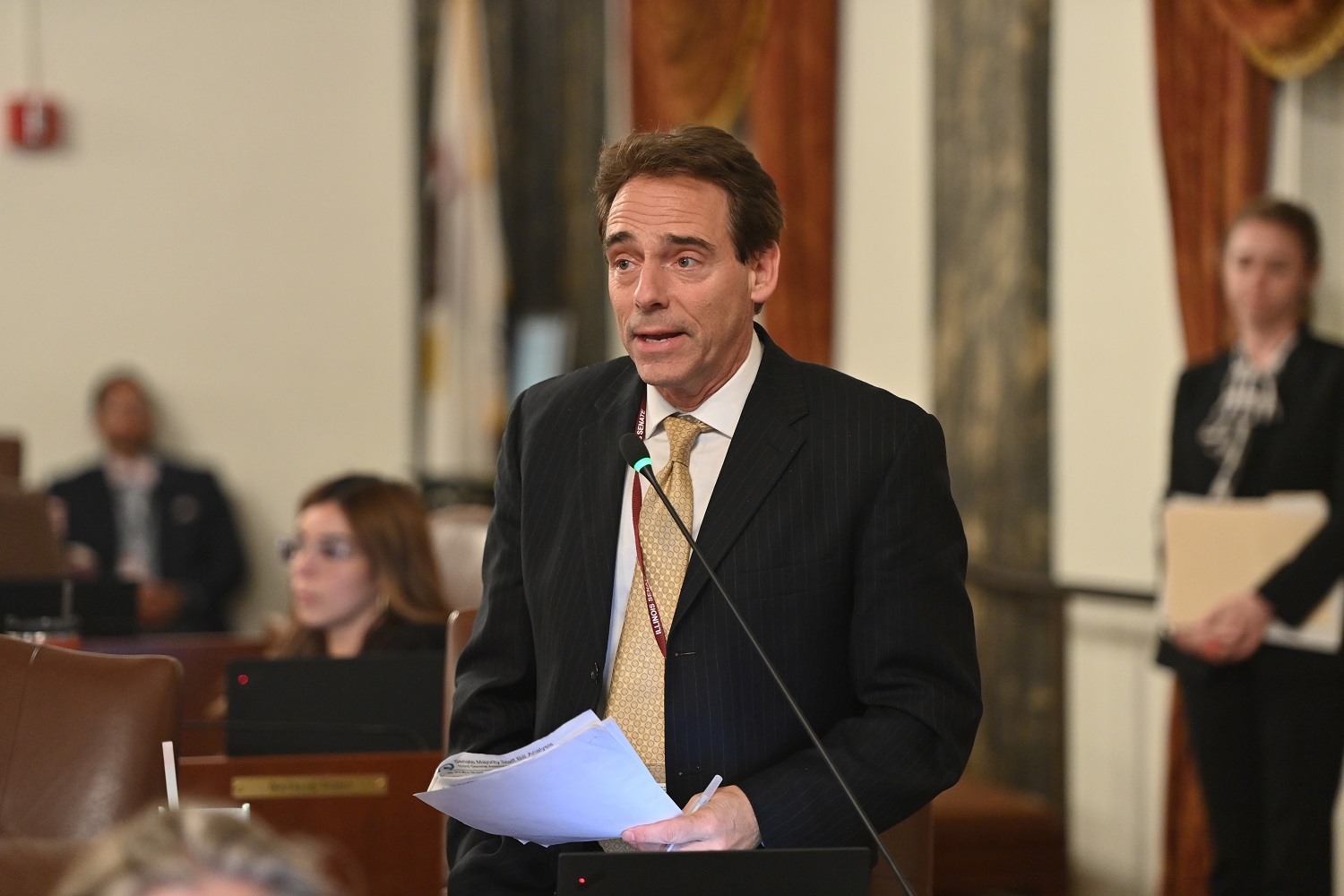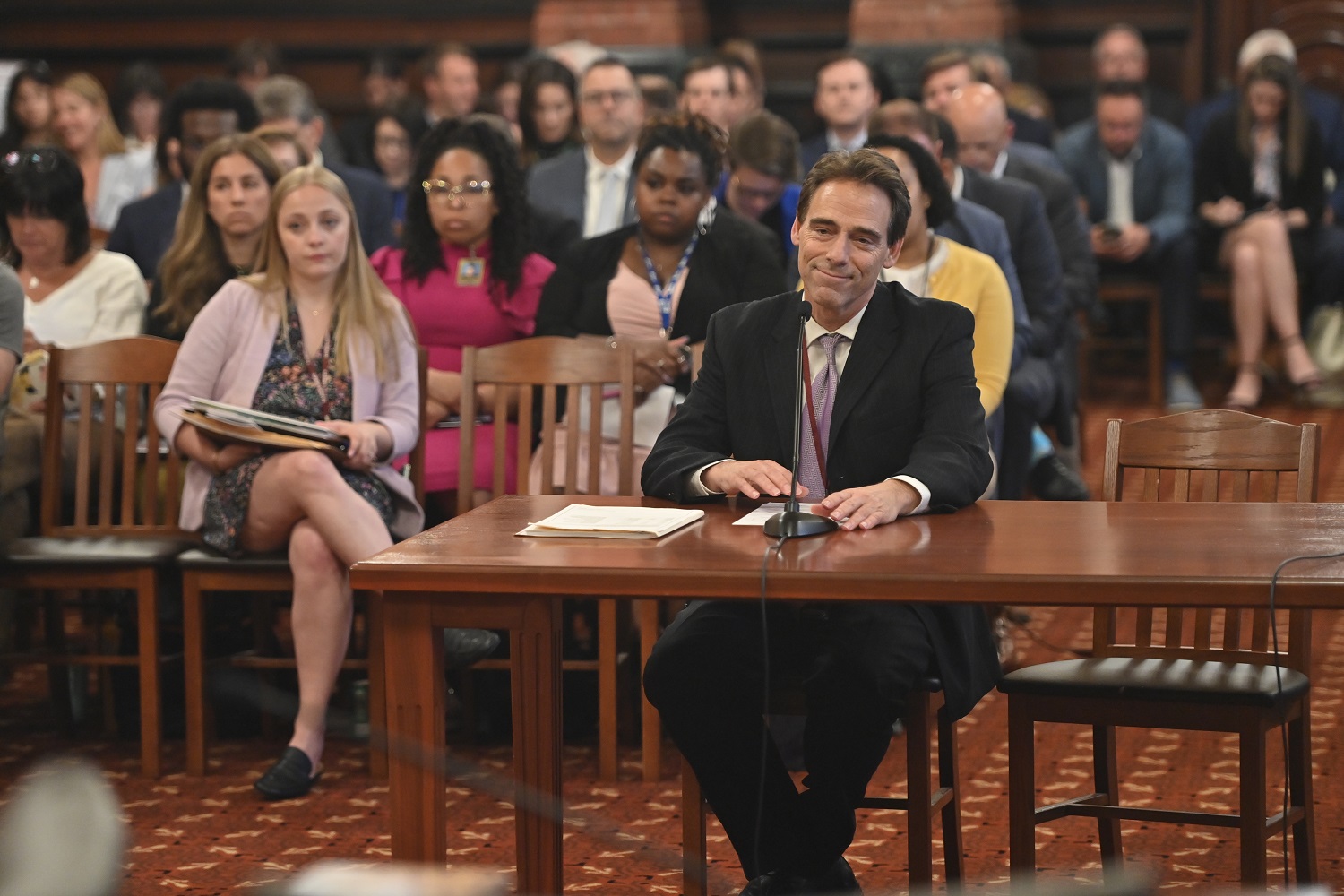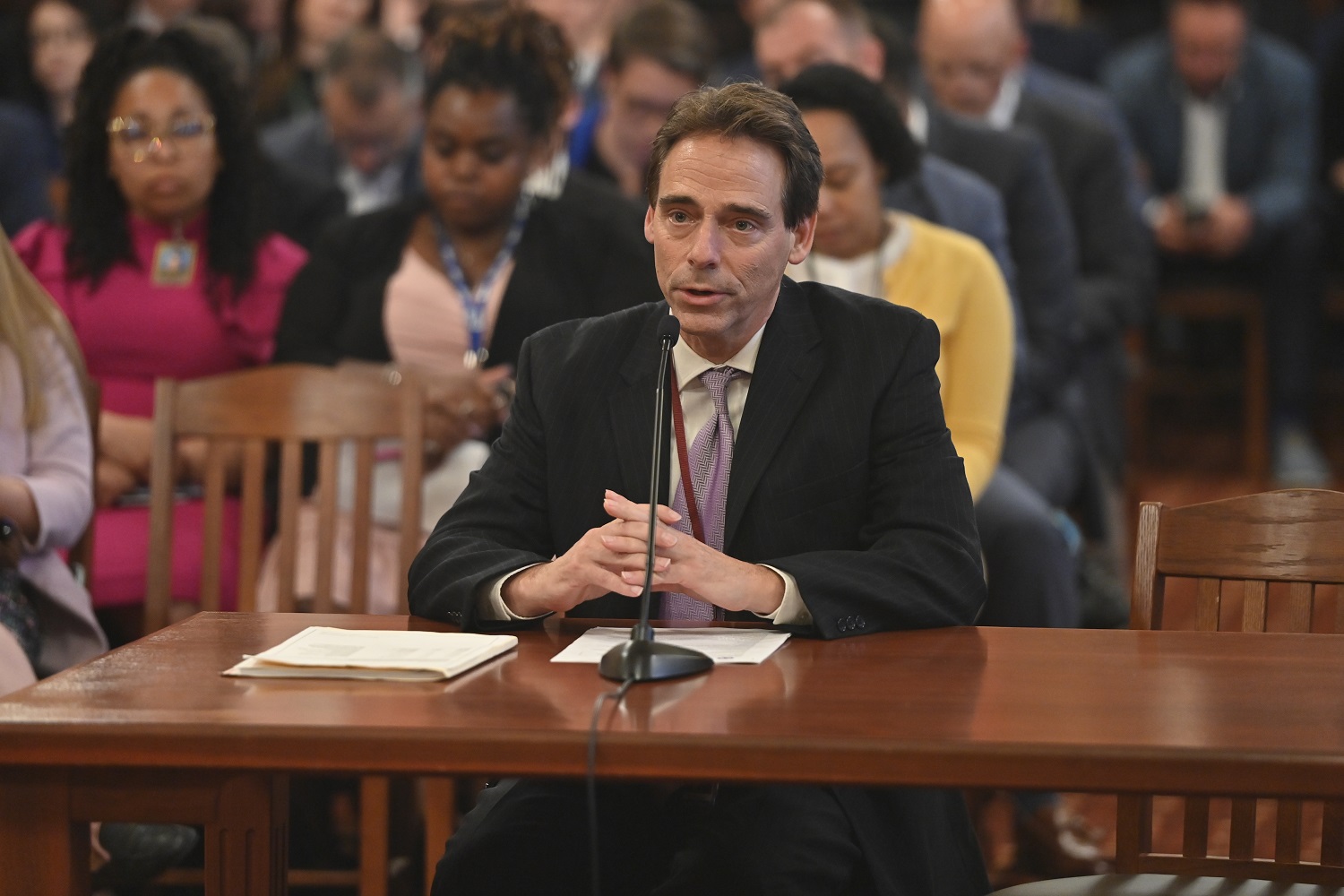- Details
- Category: Press Releases

ROCKFORD – State Senator Steve Stadelman announced that a mental health center in Rockford has been chosen to join a federal program aimed at enhancing access to coordinated mental health care and substance use services.
“By participating in this program, we are taking a proactive approach to provide better care, reduce stigma, and to support those in need,” said Stadelman (D-Rockford). “This initiative represents more than just enhanced care – it signifies hope and progress for our community.”
The local selected awardee organization is Rosecrance Incorporated in Rockford.
- Details
- Category: Press Releases

SPRINGFIELD — An economic growth package containing incentives for cutting-edge technology and clean energy manufacturing connected with the creation of new jobs in cities like Rockford cleared the Senate Sunday, thanks to State Senator Steve Stadelman.
“Thanks to the REV incentive program, Stellantis is investing nearly $5 billion in the 34th District, leading to thousands of new jobs in the Belvidere community,” said Stadelman (D-Rockford). “This package will expand on these incentive programs and update our business development tools to make sure Illinois remains competitive for jobs and new capital investment.”
The new incentives supporting the state’s manufacturing base aim to build on the 2021 Stadelman-sponsored Reimaging Energy and Vehicles Act, which made Illinois a hub for electric vehicle manufacturing and auto battery production by drawing EV businesses to invest in Illinois. Manufacturing created by Stadelman’s new measure will add to the impressive array of zero-carbon technologies being developed in Illinois by adding incentives for green steel manufacturers and electric and hybrid aircraft.
- Details
- Category: Press Releases

SPRINGFIELD – State Senator Steve Stadelman was proud to support a measure that will put money back into the pockets of Illinois residents, by eliminating the state-imposed sales tax on groceries.
“This measure is providing relief to skyrocketing grocery prices,” said Stadelman. “By eliminating the state-imposed sales tax on groceries, we can provide financial relief to families across the state, making essential items more affordable.”
Stadelman supported the Fiscal Year 2025 budget, which includes increased funding for education and the achievement of a balanced budget, ensuring continued fiscal stability for the state.
- Details
- Category: Press Releases

SPRINGFIELD – State Senator Steve Stadelman’s legislation aimed at strengthening local journalism and supporting aspiring reporters is headed to the governor’s desk.
“Local journalism is vital for our communities, providing necessary information and holding those in power accountable,” said Stadelman (D-Rockford). “This bill ensures that local news organizations remain transparent during critical transitions and supports the next generation of journalists.”
More Articles …
Page 14 of 111




